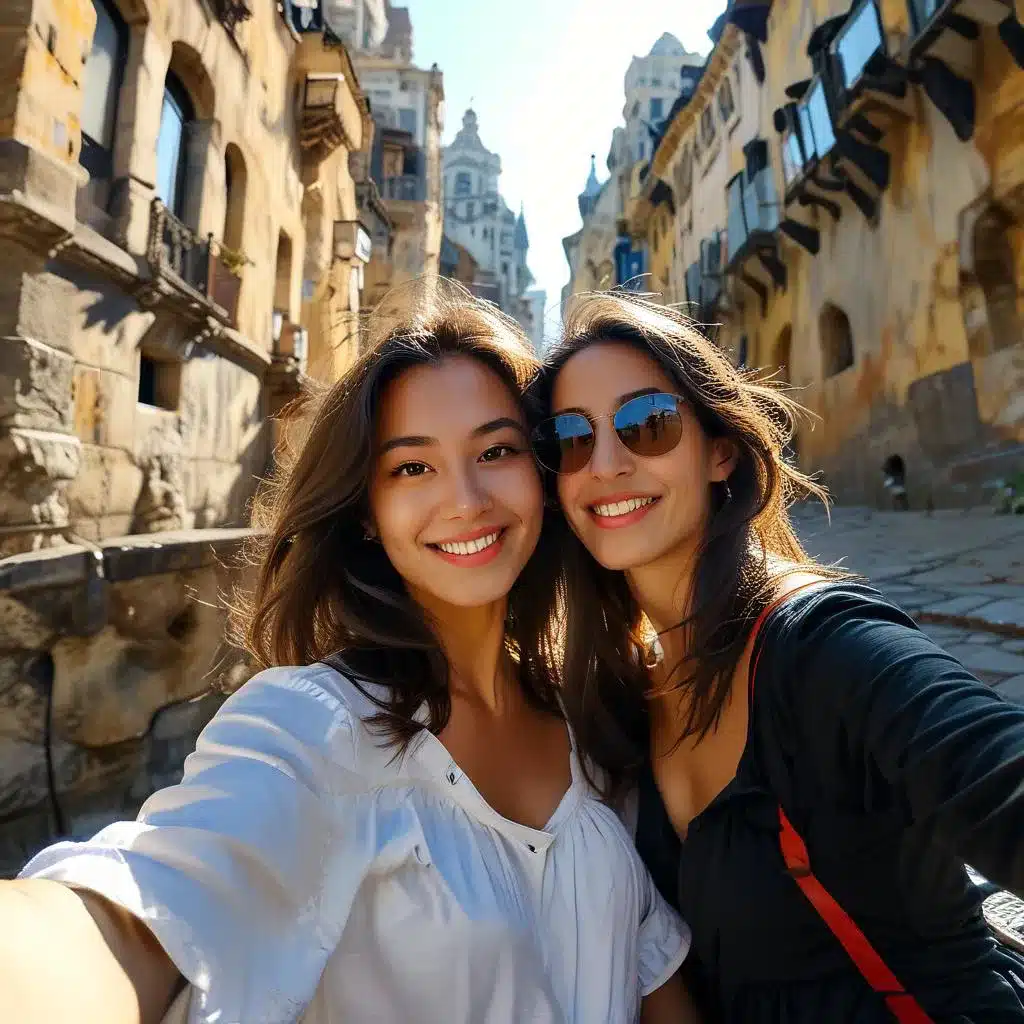Table of Contents
A recent survey revealed that over 68% of Gen Z travelers prioritize personal growth over entertainment when planning a trip. That’s a radical departure from the vacation clichés of the past. What does it say about a generation that’s less interested in poolside cocktails and more drawn to places where history is raw and reflection is required? Maybe it’s time we rethink what “getting away” really means — and why for many young people, depth has replaced distraction as the new currency of travel.
Choosing Purpose Over Postcards
Forget the bucket list. Forget collecting destinations like souvenirs. For Gen Z, travel isn’t just about where they go — it’s about why. More and more, this generation is choosing trips that offer emotional resonance and intellectual challenge over sheer leisure. Museums, human rights memorials, local activism tours — what was once niche is now trending. Not for spectacle, but for understanding.
This change isn’t performative. It’s intentional. Many young travelers now seek out experiences that educate as much as they inspire. For example, a tour of the Sachsenhausen memorial site near Berlin has become a must for travelers who want more than stories — they want context. They want to stand where history happened, to reflect, and to take something away that no Instagram filter can replicate. The selfie is still taken, yes. But now it sits next to stories of survivors, names etched in stone, and guides who don’t sugarcoat.
The Rise of Conscious Itineraries
Local flavors, night markets, and street art still matter — but they’re no longer enough. Gen Z travelers want to know the politics behind the plate of food, the colonial story behind the architecture, the voices silenced behind the tourist-friendly façade. Itineraries are evolving accordingly. Travel blogs, once filled with packing tips and club rankings, now share guides to Indigenous-owned businesses, refugee-run food tours, and historical justice trails.
Apps and platforms are also catching on. From sustainable lodging finders to ethical volunteer programs, young people are building tools for intentional travel — and using them. Their trips are less about escape, and more about encounter. This doesn’t mean the end of wanderlust, but rather its redefinition. Curiosity hasn’t been killed by concern — it’s been deepened by it.
Social Media as Mirror, Not Stage
The myth persists: Gen Z travels just to post about it. That their motivation is the perfect shot, the flawless story, the envy-inducing TikTok. And while there’s truth to the aesthetics, the intention has changed. These aren’t just carefully cropped selfies in front of landmarks — they’re often raw, reflective glimpses into what the traveler is thinking, feeling, confronting. Scroll through enough posts, and a new pattern emerges: content not as conclusion, but as inquiry.
Instead of using social media to say “I’ve been here,” many now use it to ask “What does this mean?” A TikTok filmed at a former concentration camp doesn’t carry a punchline — it carries a pause. A Reel from a village recovering from natural disaster includes links to fundraisers, annotated context, and first-hand interviews. These moments aren’t curated to impress; they’re curated to involve. This isn’t just content generation — it’s an act of cultural translation.
Posting for meaning, not metrics
This shift also reshapes what “influence” means. Traditional travel influencers promoted destinations; Gen Z micro-creators provoke thought. They don’t just tag brands — they tag injustices. They don’t always smile — they sometimes grieve. Their posts might be messy, questioning, even contradictory. And that honesty resonates more than any algorithm-polished lifestyle feed.
Here, vulnerability becomes a form of leadership. Sharing confusion or discomfort isn’t seen as weakness, but as authenticity. And that’s what builds trust — not perfection, but presence. In a digital world saturated with staged realities, Gen Z is turning social media into something both simpler and more powerful: a place to be human, and to stay awake while moving through the world.


